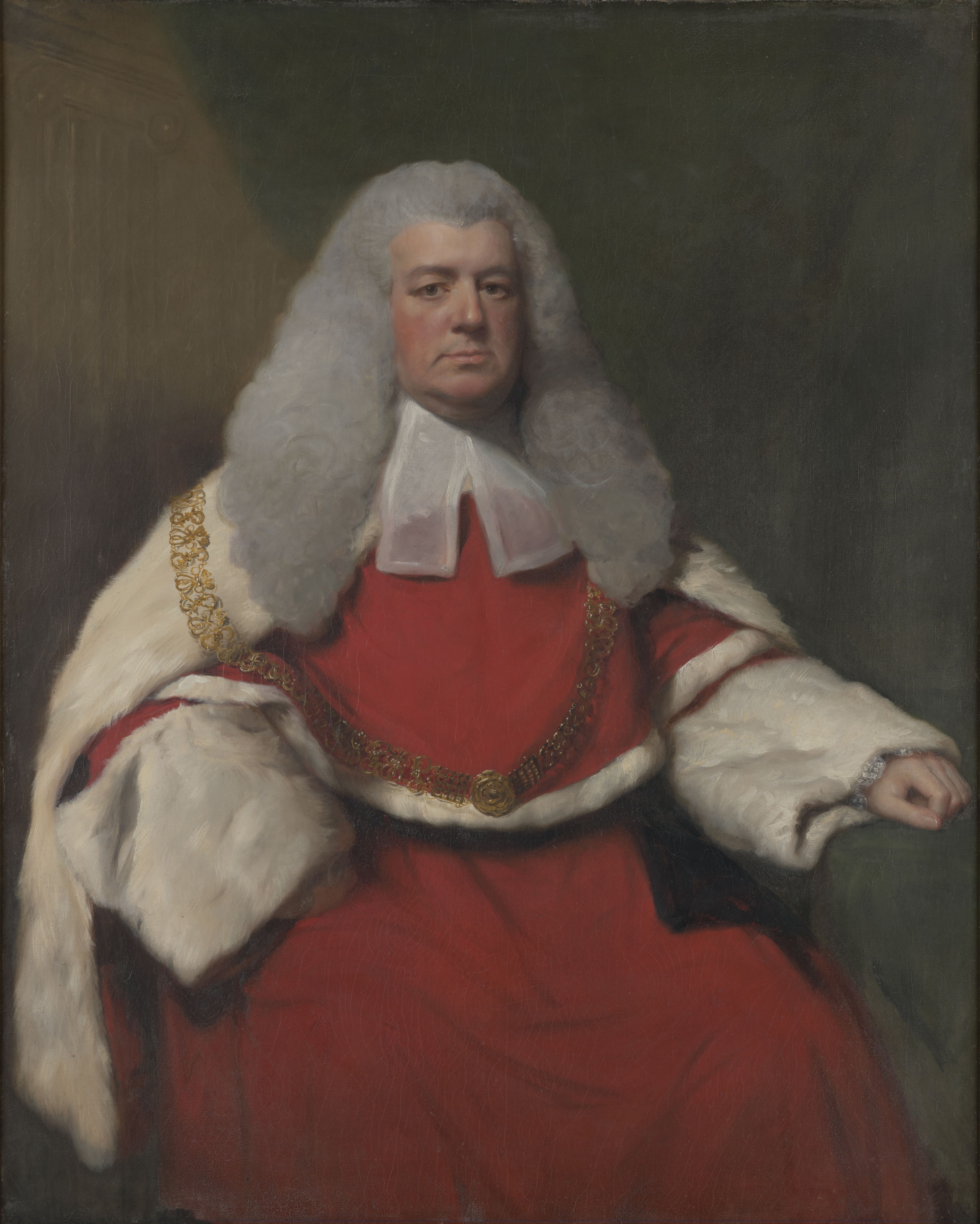James Eyre (judge) on:
[Wikipedia]
[Google]
[Amazon]
 Sir James Eyre PC, (17341 July 1799) was an English
Sir James Eyre PC, (17341 July 1799) was an English
19 Howell's State Trials 1153
(C.P. 1763) , - {{DEFAULTSORT:Eyre, James 1734 births 1799 deaths Burials in Berkshire People from Ruscombe People from Wells, Somerset People educated at Winchester College Alumni of St John's College, Oxford Members of Gray's Inn Barons of the Exchequer Chief Justices of the Common Pleas Recorders of London 18th-century English judges Fellows of the Royal Society
 Sir James Eyre PC, (17341 July 1799) was an English
Sir James Eyre PC, (17341 July 1799) was an English judge
A judge is a person who presides over court proceedings, either alone or as a part of a panel of judges. A judge hears all the witnesses and any other evidence presented by the barristers or solicitors of the case, assesses the credibility an ...
, the son of the Rev. Thomas Eyre, of Wells, Somerset.
Biography
He was educated at Winchester College and atSt John's College, Oxford
St John's College is a constituent college of the University of Oxford. Founded as a men's college in 1555, it has been coeducational since 1979.Communication from Michael Riordan, college archivist Its founder, Sir Thomas White, intended to pro ...
, which he left without taking a degree. He was called to the bar
The call to the bar is a legal term of art in most common law jurisdictions where persons must be qualified to be allowed to argue in court on behalf of another party and are then said to have been "called to the bar" or to have received "call to ...
at Gray's Inn in 1755, through the influence of Thomas Parker, chief baron of the exchequer. He commenced practice in the lord mayors and sheriffs courts, paying £63 (''2011: £'') for one of the four counsel to the City of London Corporation.
He was appointed Recorder of London in 1763 and knighted in 1770.
He was counsel for the plaintiff in the case of ''Wilkes v. Wood'', and made a brilliant speech in condemnation of the execution of general search warrants. His refusal to voice the remonstrances of the corporation against the exclusion of Wilkes from Parliament earned him the recognition of the ministry, and he was appointed a Baron of the Exchequer
The Barons of the Exchequer, or ''barones scaccarii'', were the judges of the English court known as the Exchequer of Pleas. The Barons consisted of a Chief Baron of the Exchequer and several puisne (''inferior'') barons. When Robert Shute was a ...
in 1772 and Chief Baron of the Exchequer in 1787. From June 1792 to January 1793 he was Chief Commissioner of the Great Seal. In 1793 he was made Chief Justice of the Common Pleas, and presided over the trials of Horne Tooke, Robert Thomas Crossfield and others.
In 1793 statutory powers were sought by Bishop Yorke to sell Wisbech Castle and grounds. The Bill passed despite the opposition of Eyre and the premises were sold by auction in the same year to Joseph Medworth
Joseph Medworth a son of Simon Medworth (1723-1761), a ropemaker, and Anna Lampson (b. 1725) was born in Wisbech in 1752. He was apprenticed as a brick-layer and moved to London. He returned as a successful developer and bought Thirloe's mansio ...
. Eyre was son-in-law of Henry Southwell of Bank House, Wisbech, Isle of Ely a member of the family tenanting the castle, and to that extent an interested party.
He was elected a Fellow of the Royal Society in May 1791.
He died in 1799 and was buried at Ruscombe
Ruscombe is a village and civil parish, east of Twyford in the Borough of Wokingham in Berkshire, England.
History
Reports from the late 1800s provided summaries of the status of the village; in 1876, the population was 200 and that increased ...
in Berkshire
Berkshire ( ; in the 17th century sometimes spelt phonetically as Barkeshire; abbreviated Berks.) is a historic county in South East England. One of the home counties, Berkshire was recognised by Queen Elizabeth II as the Royal County of Berk ...
.
References
External links
*''Wilkes v. Wood''19 Howell's State Trials 1153
(C.P. 1763) , - {{DEFAULTSORT:Eyre, James 1734 births 1799 deaths Burials in Berkshire People from Ruscombe People from Wells, Somerset People educated at Winchester College Alumni of St John's College, Oxford Members of Gray's Inn Barons of the Exchequer Chief Justices of the Common Pleas Recorders of London 18th-century English judges Fellows of the Royal Society